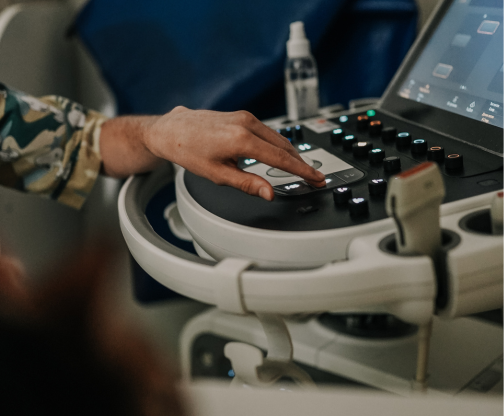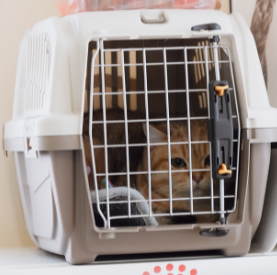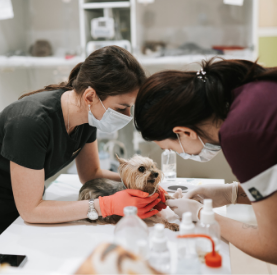Side effects of antiparasitic drugs
Опубліковано
07.06.2022
Side effects of antiparasitic drugs
The need for tick and flea treatments for pets is a well-known fact.
When bitten, a tick can infect an animal with dangerous diseases that are almost immediately manifested clinically.
And fleas can be not only the cause of allergic skin lesions, but also be carriers of serious diseases and intermediate hosts of some helminths.
However, sometimes unpleasant consequences of these treatments can be observed.
So let's look at what side effects are possible:
1. Increased salivation - possibly in the case when the animal managed to get to the place of treatment.
For example, the wrong place of application or the pet scratched and then a paw contaminated with the drug came out. And also in the case of licking each other, if the pet has a careful roommate.
2. Local reaction, contact dermatitis - can be observed when treated with drops on the withers and when using collars and sprays.
Clinically, this is manifested by reddening of the skin, hair loss at the site of application of the drug or the area of contact of the collar with the skin.
3. Neurological disorders (convulsions, impaired coordination of movements) are possible when using drugs for dogs, the instructions of which contraindicate the use of cats or certain breeds of dogs.
4. Individual reaction (vomiting, diarrhea, decreased activity) - the components of the drug, entering the body, can cause individual sensitivity.
What to do to avoid the manifestation of side effects?
- 1. Before using the drug, carefully read the instructions and follow them.
- 2. Make sure the medication is safe for your pet (for example, some drops on the withers are contraindicated for certain dog breeds, and most dog medications are contraindicated for cats).
- 3. Correct use of drops at the withers - apply directly to the skin, in the area of the base of the neck and with the shoulder blades so that the pet cannot lick them.
- 4. If there are several pets in the house, separate them on the day of treatment to avoid licking each other.
- 5. Observe the exact dosage in accordance with the weight of your particular pet, and also take into account contraindications for age, pregnancy and lactation.
- 6. Do not divide the tablets, because the distribution of the active substance is uneven. And this is fraught with an overdose or insufficient concentration of the medicinal substance to achieve the effect.
- 7. After processing, be sure to wash your hands so that the pet does not lick them
What to do in case of side effects?
- 1. If skin lesions appear, the general health of the animal worsens (lethargy, refusal to feed, vomiting, diarrhea) or the presence of neurological disorders, it is necessary to urgently contact a veterinary clinic.
- 2. It is important to remember the name of the drug so that you no longer use it and choose a drug from another group in the future.
These reactions are observed occasionally. And the benefits of treatments for the prevention of dangerous diseases are much higher than the possible complications.
Схожі статті

Effect of castration on the animal
Among the positive changes that occur after castration are that the animals become less aggressive, more friendly with each other, and there is no need to divide the territory.

Preparation for ultrasound examination (ultrasound)
It is important to remember that proper preparation of the animal can significantly facilitate the abdominal ultrasound process. By performing this procedure, the doctor can detect possible problems in time and provide proper treatment. High-tech ultrasound is one of the ways to quickly and informatively diagnose and ensure a long and healthy life for our pets.

WHY ARE DOCTORS NOT ALL-POWERFUL?
A good doctor is worth its weight in gold. Everyone understands this and can spend years looking for the best one, and when they find one, they will expect miracles.

SYNDROME OF TIRED TANKLES IN CATS
Tired antennae of a cat or What do you know about fatigue?

Side effects of antiparasitic drugs
The need for tick and flea treatments for pets is a well-known fact.

How you can help calm cats and reduce stress today
the head of the felinology department, tells us.

Rules for traveling with pets.
What can we do and what is needed?

8 simple rules to protect your pets during the cold season
In recent weeks, the temperature outside has begun to rapidly drop below zero. This means that our pets are in a special risk zone.

Preparation for anesthesia
What you should know about preparing your pet for surgery

